
The European Union (EU) is an important trade partner of Vietnam, with a large market size and a total population of more than 450 million people. The EU market is posing increasingly greater challenges, with a strong shift towards a green, clean and sustainable economy . State agencies, from ministries to representative agencies abroad, have been implementing synchronous and effective trade promotion activities, helping businesses overcome barriers and exploit the full potential of this important market.
Speaking at the workshop “Promoting the export of Vietnamese agricultural, forestry and fishery products to the EU market” organized by the Ministry of Foreign Affairs on November 13 in Hanoi, Deputy Minister of Foreign Affairs Le Thi Thu Hang emphasized that the EU is the third largest consumer market for agricultural, forestry and fishery products in the world, but the market share of Vietnamese agricultural, forestry and fishery products in the EU is still modest, accounting for only about 3% of the total market share of the bloc, although Vietnam is among the world's leading exporters of coffee, cashew nuts, pepper, rice, seafood and tropical fruits.
According to the Deputy Minister, it is time for Vietnam to strongly shift from raw exports to high-value exports, from large quantities to sustainable quality, in line with the high standards of the EU market, strengthen the building of national brands and green, clean products, meeting the tastes of European consumers, especially increasing the cultural content and Vietnamese stories in each product. Each Vietnamese product needs to clearly show its own identity, which cannot be mixed. From coffee, tea, silk to fish sauce or dried fruit, products must have transparent geographical indications, modern packaging and a unique story.
Also at the workshop, Vietnamese representative agencies in Europe assessed that the EU has a stable consumer market and clearly prioritizes organic products - an advantage for Vietnam. However, competition with countries in the region is increasingly fierce, requiring more creative promotional and trade promotion efforts. Along with that is the requirement to meet EU technical, environmental and sustainable production standards, and brand recognition of Vietnamese products in this market.
Despite many challenges, the EU remains a key market that Vietnam needs to steadfastly pursue. Many opinions say that promoting agricultural exports to the EU market requires close coordination between businesses, farmers, the State and supporting organizations. Investing in technology, building linked value chains, promoting trade and improving logistics systems are key solutions.
Effectively exploiting opportunities from EVFTA, along with improving competitiveness and flexibly adapting to new regulations, will help Vietnamese agricultural, forestry and fishery products maintain their position, expand market share and build brands in the international market. The synchronous implementation of solutions will not only improve product quality but also increase competitiveness, contributing to the sustainable development of Vietnam's agricultural sector.
Ambassador, Head of the Vietnamese Delegation to Belgium-EU Nguyen Van Thao said that the EU's high requirements are both a challenge and an opportunity for Vietnamese agricultural, forestry and fishery products to increasingly meet international standards.
According to Mr. Mai Hai Lam, Chairman of the “We love Pho” Network, a Vietnamese businessman in Poland, it is necessary to learn from the experiences of many countries in associating products with national brands and attractive cultural stories, and at the same time expressed the desire to have the accompaniment of embassies and businesses in organizing Pho weeks across Europe.
On the local side, Vice Chairman of Vinh Long Provincial People's Committee Nguyen Quynh Thien emphasized that businesses must increase green transformation and adapt to EU sustainability standards. Mr. Thien said that Vinh Long province's total export turnover in 2025 is expected to reach 3.66 billion USD. Particularly to the European market (EU), the turnover is expected to reach 455 million USD, an increase of 19.72% compared to 2024 and accounting for 12.44% of the province's total export turnover. The main export items to the EU are textiles, footwear (40%), coconut products (22%), seafood (20%), and agricultural products (10%). Although the EU is a potential market, Vinh Long's export proportion is still modest. This market is increasingly tightening regulations, requiring businesses to constantly adapt. Accordingly, in 2026, the province will continue to accompany businesses, expand international cooperation, improve processing capacity, and diversify products that meet export standards to contribute to common development.
Meanwhile, Vice Chairman of Thanh Hoa Provincial People's Committee Dao Van Cuong mentioned the importance of products that are suitable to local needs and tastes. He also emphasized the need to build a standard raw material area. At the same time, he requested ministries and branches to soon issue and provide specific guidance on standards and legal regulations on clean raw material areas, especially related standards on food safety, pesticide residues, and environmental protection. "If the input raw material area does not meet standards, the output products cannot meet EU standards. To enter a demanding market, we must start from the fields," he affirmed.
Deputy Minister of Foreign Affairs Le Thi Thu Hang suggested that Vietnamese representative agencies should proactively support businesses in accessing timely and complete information on regulations and needs of the EU market; further strengthen product promotion activities in diverse and creative forms and with connections between localities in Europe, maximize resources and distribution channels of overseas Vietnamese; promote technical cooperation and green transformation, support Vietnam's agriculture, forestry and fishery sector to meet green and sustainable standards.
Source: https://moit.gov.vn/tin-tuc/thi-truong-nuoc-ngoai/nang-cao-nang-luc-xuat-khau-cac-mat-hang-nong-lam-thuy-san-viet-nam-sang-thi-truong-eu.html





![[Photo] Unique art of painting Tuong masks](https://vphoto.vietnam.vn/thumb/1200x675/vietnam/resource/IMAGE/2025/11/14/1763094089301_ndo_br_1-jpg.webp)

![[Photo] Unique architecture of the deepest metro station in France](https://vphoto.vietnam.vn/thumb/1200x675/vietnam/resource/IMAGE/2025/11/14/1763107592365_ga-sau-nhat-nuoc-phap-duy-1-6403-jpg.webp)
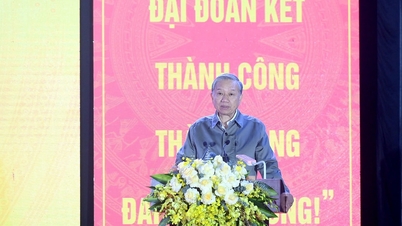


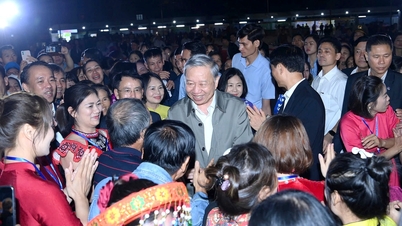
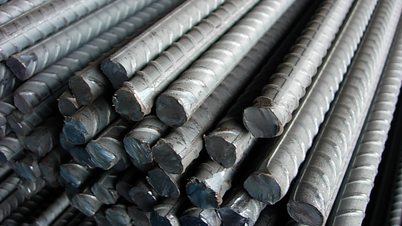
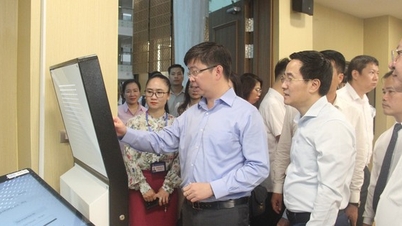








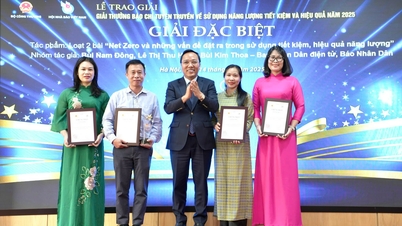

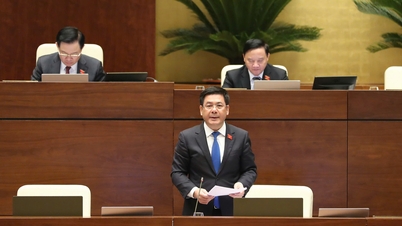


![[Photo] Special class in Tra Linh](https://vphoto.vietnam.vn/thumb/1200x675/vietnam/resource/IMAGE/2025/11/14/1763078485441_ndo_br_lop-hoc-7-jpg.webp)














































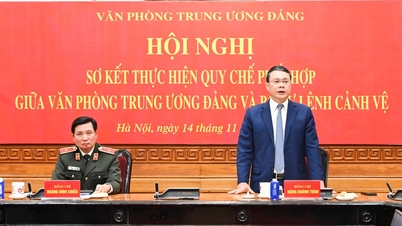



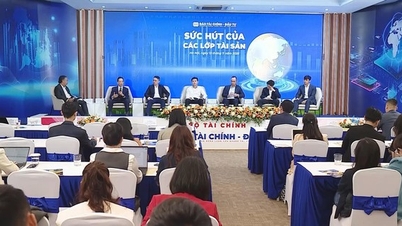
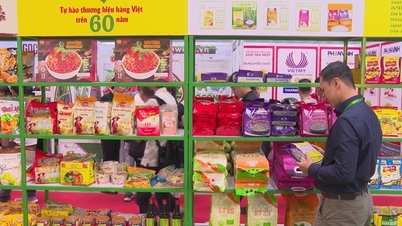


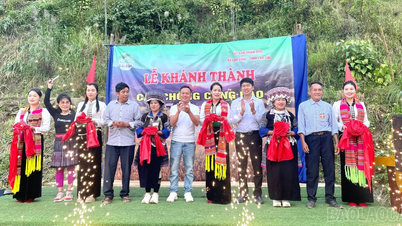

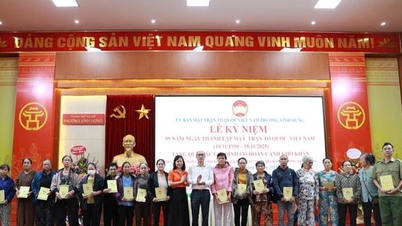









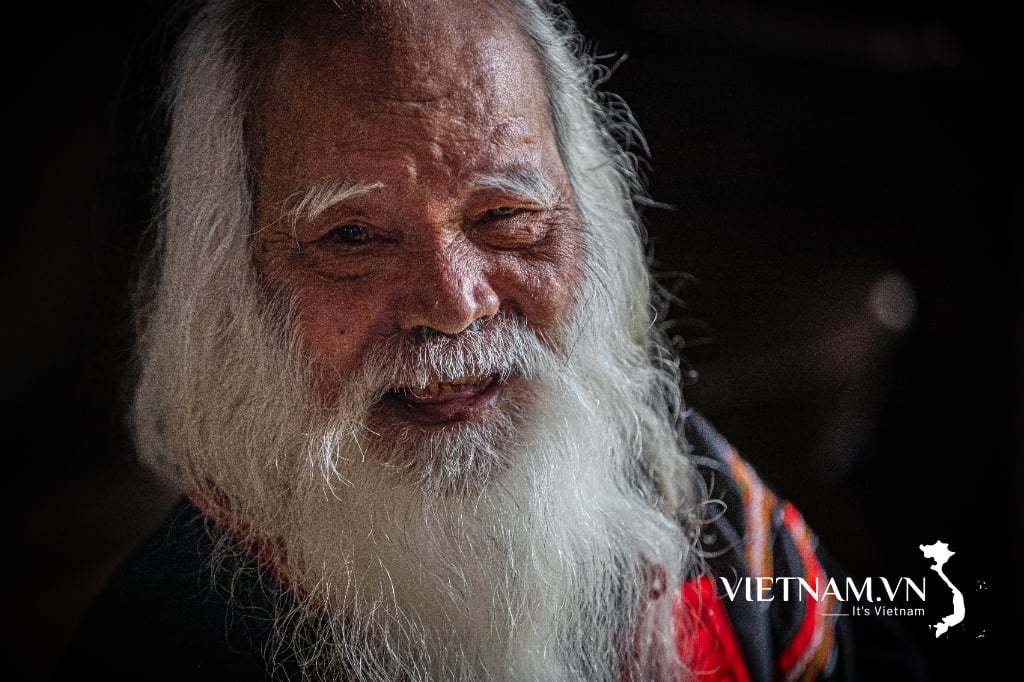
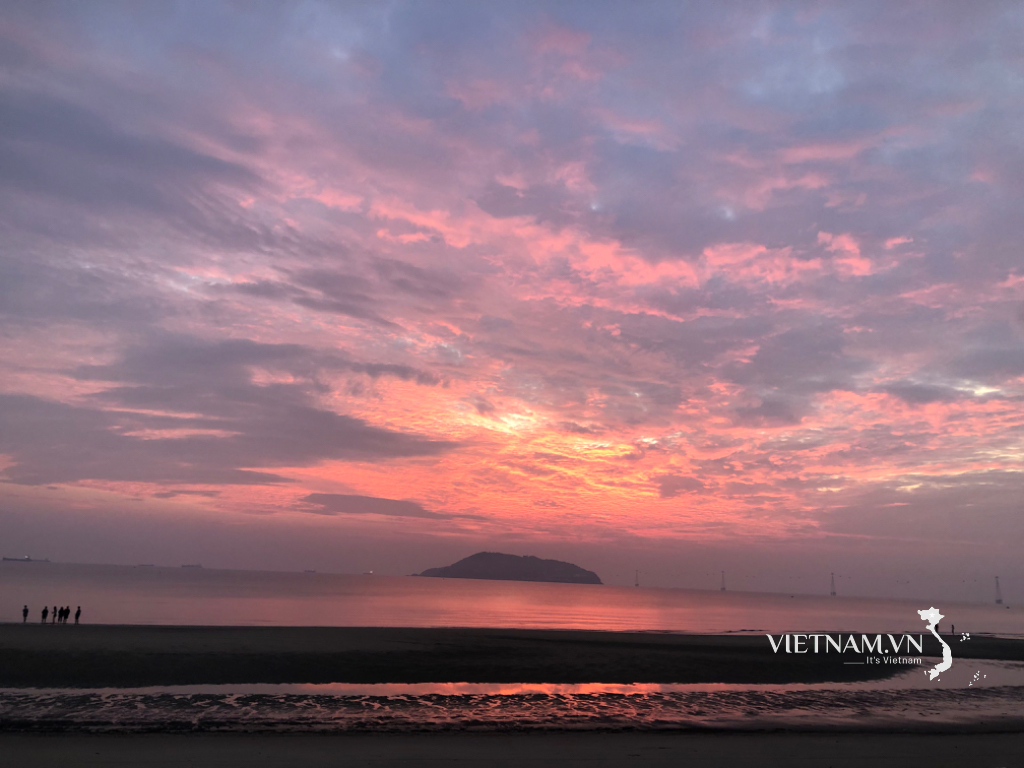

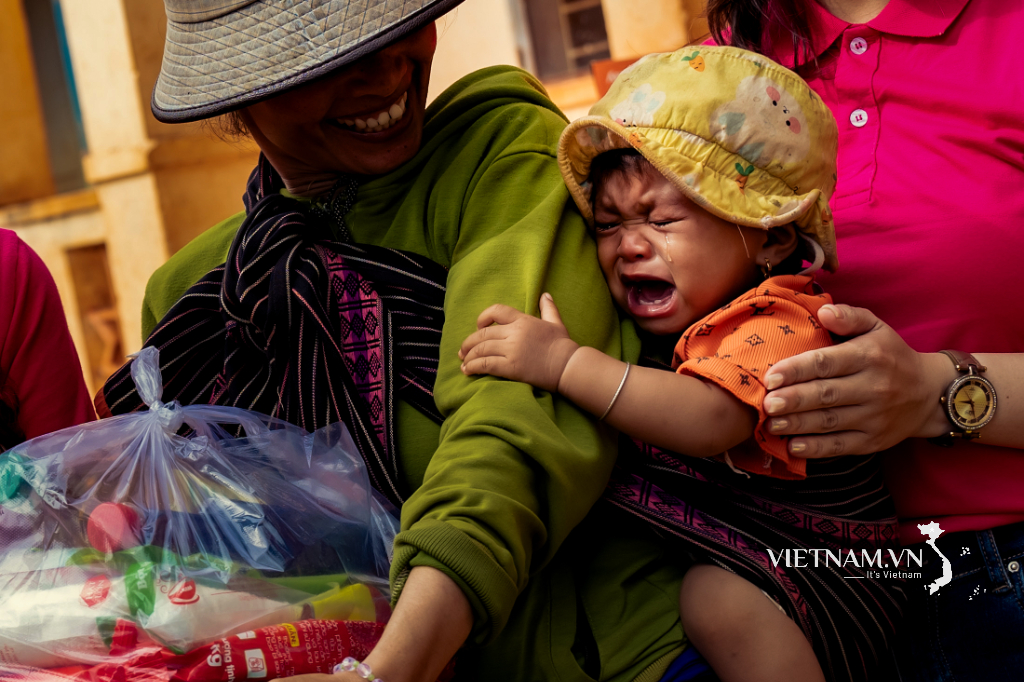
Comment (0)